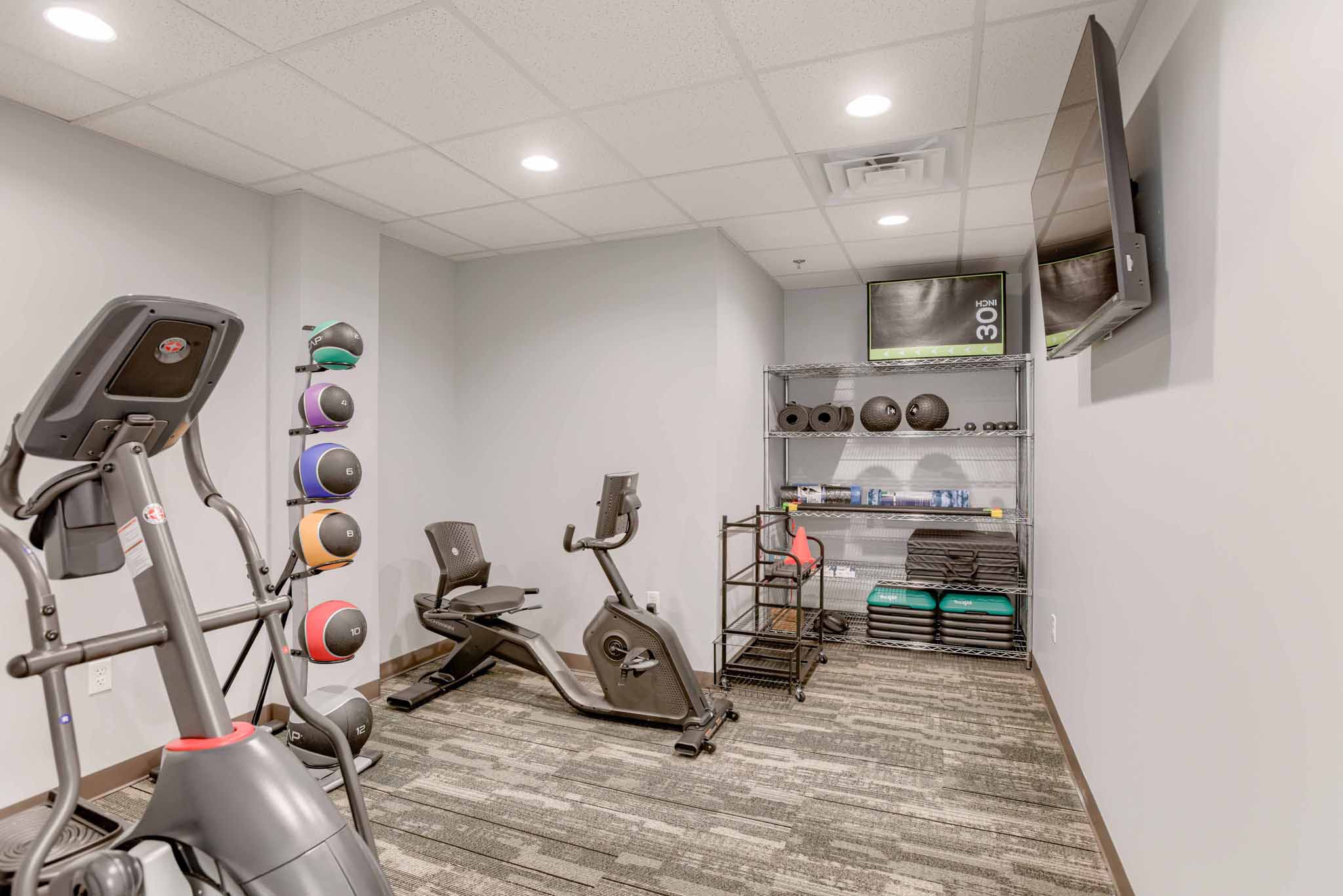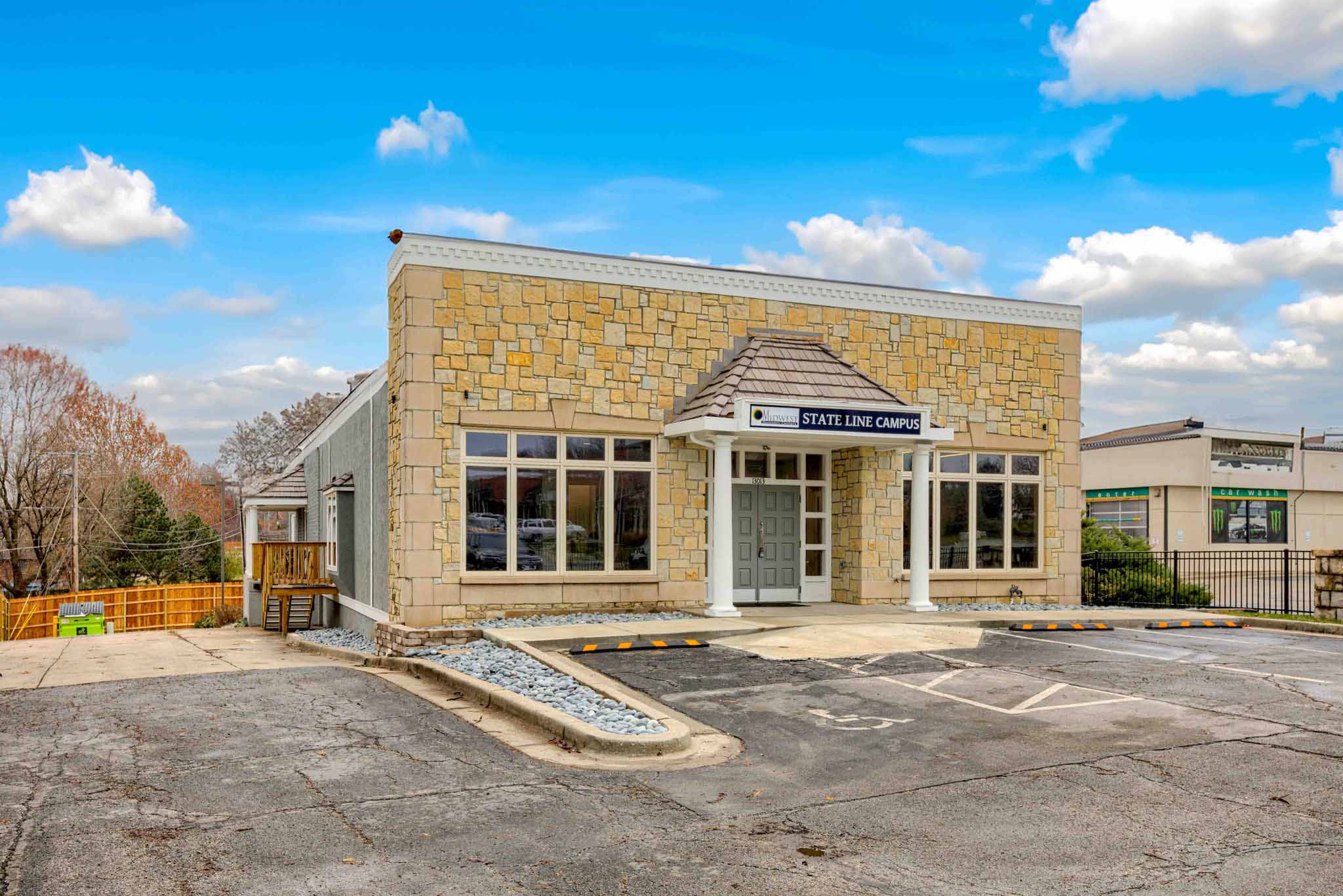Bipolar Treatment
Bipolar disorders affect the ability to function in daily life, as well as mood and energy levels. Bipolar disorder can lead to intense emotions that may occur during specific periods, lasting days to weeks. These are called mood episodes.
While bipolar can be challenging to live with and has adverse effects throughout every aspect of your life, it’s also a treatable and manageable condition with the right approach. With treatment, you can live a productive, full life where you thrive.

Understanding Bipolar Disorder
It’s normal for everyone to experience fluctuations in mood from time to time, but these usually last for hours rather than days or weeks. Outside of bipolar disorder, mood changes usually don’t come with extreme behavioral changes, problems with relationships, or challenges to daily routines. Someone with bipolar disorder will, however, often experience these things. If you have bipolar disorder, it may be challenging for you to maintain a job, go to school, or have relationships with others.
It’s common for there to be a genetic component to bipolar disorder. For example, 80-90% of people who have bipolar disorder have a relative with a mental health condition or with depression. Environmental factors can be triggers for mood episodes as well. Examples of environmental factors can include disrupted sleep, stress, and the use of substances like drugs and alcohol.
Researchers don’t know the specific causes of this disorder in the brain but do know that when brain chemicals are imbalanced, it can cause its activity to be dysregulated. The average age when people begin to experience bipolar symptoms is 25.
It’s also common, especially with bipolar I disorder, to have co-occurring mental health disorders, including:
- Anxiety disorders
- Substance use disorders
- Attention-deficit hyperactivity disorder (ADHD)
There’s also an increased risk of suicide in people with bipolar versus the general population.
Types of Bipolar Disorder
There are three types of bipolar disorder, which are:
- Bipolar I: This condition is characterized by manic episodes lasting at least seven days, almost every day for most of the day, or symptoms of mania that are so severe they require immediate medical care. Depressive episodes usually also occur, lasting at least two weeks. There may be depressive episodes with mixed features, meaning depressive and manic symptoms occur at the same time
- Bipolar II: The defining feature of bipolar II disorder is a pattern of depressive and hypomanic episodes. Hypomanic episodes aren’t as severe as the manic episodes of bipolar I
- Cyclothymic disorder: Also called cyclothymia, this includes recurring depressive and hypomanic symptoms not severe or intense enough or not lasting long enough to otherwise qualify as depressive or hypomanic episodes
Bipolar disorder is often diagnosed during the late teen years or early adulthood, but in some cases, children can show symptoms. The symptoms can vary over time, but usually, treatment is lifelong. Following a treatment plan can help not only manage your symptoms but also improve your overall quality of life.

What Are the Signs of Bipolar Disorder?
With bipolar disorder, you may experience intense emotions and shifts in your sleep and activity levels. There could be times when your behaviors are out of character, and it may be difficult for you to realize that they’re harmful. Mood episodes can be very different from how you typically act or your usual moods.
During a manic episode, symptoms can include:
- Feeling elated or very “up”
- Irritability
- Jumpiness or being more active than usual
- Reduced need for sleep
- Talking quickly about many topics, known as the flight of ideas
- Racing thoughts
- Feeling like you can do a lot all at once and not get tired
- Excessively wanting to engage in pleasurable activities like sex, eating, or substance use
- Feeling especially powerful, talented, or important
Symptoms of depressive episodes include:
- Feelings of sadness or anxiety
- Being generally “down”
- Feeling slow or restless
- Having a hard time falling asleep, waking up too early, or sleeping excessively
- Talking slowly
- Being forgetful
- Problems with concentration and decision-making
- You feel like you can’t even do simple tasks
- Loss of interest in all activities
- Feelings of hopelessness or worthlessness
- Thoughts of suicide or death
Receiving the correct diagnosis can be incredibly helpful so that you can live a healthy, active life.
When someone has bipolar disorder, their diagnosis and treatment plan may be further complicated by the presence of another mental health condition, which also needs to be treated at the same time.
How Is Bipolar Disorder Treated?
Everyone is unique, and their treatment plan for bipolar disorder should reflect that.
Treatment is effective for most people, even when they have very severe forms of bipolar disorder. Most effective treatment plans integrate a combination of talk therapy, also known as psychotherapy and medication.
Psychotherapy comes in many forms but broadly helps with the identification and changing of problematic or distressing thoughts, emotions, and behaviors. Psychotherapy can help provide education, guidance, and support when you deal with bipolar disorder.
Cognitive behavioral therapy, or CBT, is often used to manage depression symptoms, and it can be a part of a treatment plan for bipolar disorder.
There are also specialized and newer therapies available to treat bipolar specifically.
Medications can help manage bipolar symptoms, such as mood stabilizers or atypical antipsychotics. Mood stabilizers can prevent mood episodes or reduce their severity. Along with mood stabilizers, some people’s treatment plans can also include an antidepressant.
Light therapy is an evidence-based treatment strategy for seasonal affective disorder, and many people who have bipolar disorder also have SAD or worse depression in the winter. Light therapy can help in these circumstances.
Paired with traditional treatment approaches are often complementary approaches, like the use of exercise, meditation, and art therapy, for example.
Bipolar Treatment at Midwest Recovery Centers
At Midwest Recovery Centers, we offer unique individualized 45-day inpatient treatment programs for bipolar disorder and other mental health disorders. This allows us to provide comprehensive, tailored treatment in a structured and supportive environment, utilizing a variety of integrated strategies for optimal outcomes.
Our treatment team includes both mental and physical health providers, and we consider all of your needs holistically. These include your physical, mental, and spiritual needs. Everything from gut health to spiritual psychology can be incorporated into treatment plans as appropriate for your particular needs.
We encourage you to contact us to learn more about Midwest Recovery Centers and how we help treat bipolar disorder.

